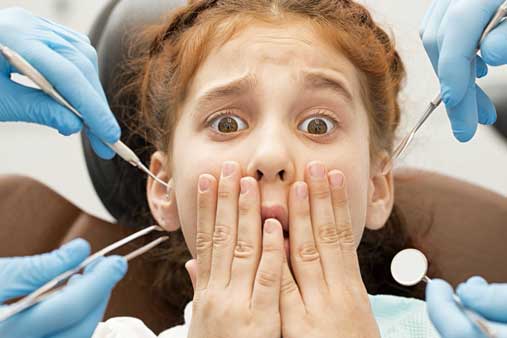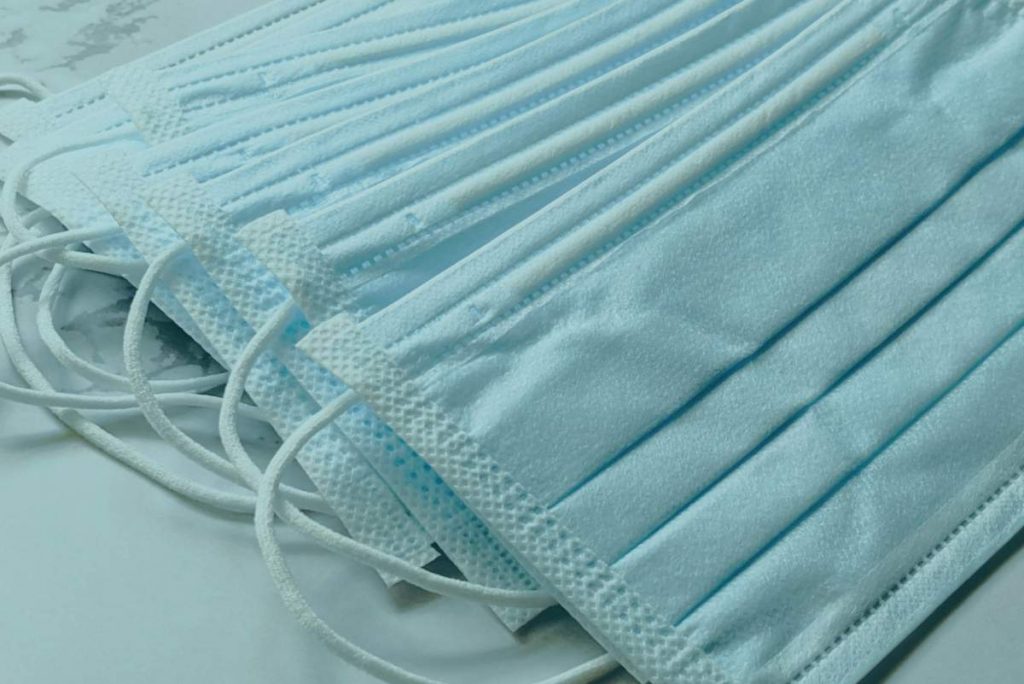We have all heard of a child experiencing dental anxiety. Whether it be a frightened toddler begging not to be taken to the dentist, or an older child who’s deathly afraid to sit in the dental chair, the fear that arises in children when faced with a dental check up is very real.
What is dental anxiety?
Dental anxiety is defined by the medical dictionary as “fear related to seeking or receiving dental care.” There is a definite distinction between not liking to go to the dentist, and being afraid to go to the dentist. Many adults and children alike do not look forward to their time at the dentist, but they don’t experience fear. Although fear is a perfectly normal response, especially for children, an aversion to going to the dentist can be detrimental to a person’s oral health if it prevents them from receiving the dental care they require.
There are varying degrees of stress responses that may arise when a child experiences dental anxiety depending on the severity of the threat they perceive. Pediatric dental anxiety may cause excessive sweating, crying, stubborn behaviour, tantrums, and many other responses.
Reasons why children are afraid of the dentist.
In order to help ease your kids’ anxiety, it’s important to understand what they are afraid of. Some of the reasons include:
- Past painful or upsetting experiences
- Obstructed breathing during a procedure
- Feeling powerless or out of control
- Hearing about bad experiences of friends and family
- Fear of the unknown
How to help your child with their anxiety.
1. Choose the right dentist
Find a dentist who is attentive to the specific needs of children. There are techniques that can be employed to minimize dental anxiety in children. Dentists who have children or dentists who are specialized in pediatric dentistry will make the extra effort to be sensitive to things that trigger fear in children.
2. Lead by example
Children learn from the examples that we set. Approaching dental visits with a positive attitude and calm demeanor will help create a strong resolve in your child as they face their fears. If you experience dental anxiety yourself, reconsider taking your child to the dentist with you.
3. Let them know about upcoming appointments
Children benefit from predictability in their lives especially when adapting to unknown situations. Although you may mean well, waiting until the time of the appointment to let your child know that they will be visiting the dentist can heighten their anxiety. By providing them with ample time to mentally prepare for their upcoming appointment, you give them a chance to express their fears and work through their dental phobia.
4. Teach them how to calm themselves
Teaching kids from a young age how to make use of relaxation exercises such as deep breathing and positive visualizations can help them calm their nervous system and decrease physical symptoms of anxiety. You can shift the focus to the benefits of proper dental care including regular dental visits to improve their overall relationship with going to the dentist.
5. Begin taking them to the dentist early and be consistent
When you establish a routine of regular dental visits early on, you can support your child in developing familiarity with the dentist and prevent dental anxiety before it forms. Regular visits with your family dentist at Acadia Dental will help both you and your children develop a relationship with your dentist and other clinicians, which will create a more positive experience for anyone in the family who experiences dental anxiety.
Helping your child ease their fear of going to the dentist for a checkup will be beneficial to their oral health and long-term well-being. If you need further support for a child who is experiencing dental anxiety, please reach out to our team of experienced general dentists for adult and pediatric dentist needs in Saskatoon. We can help make going to the dentist an enjoyable part of your child’s life.





